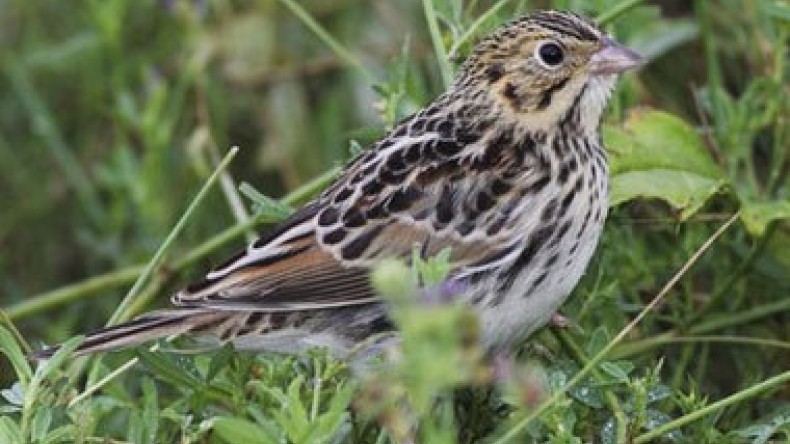
Software can decode bird songs
Scientists have developed a highly advanced bird song decoder, which can automatically identify the call of a vast variety of birds, the BBC reports.
The software brings the "cracking of the dawn chorus" one step closer.
It used recordings of individual birds and of dawn choruses to identify the characteristics of each tweet.
Dr Dan Stowell is lead author of the report, which was published in the Journal PeerJ.
He told the BBC: "Given a set of recordings, each of them with a list of the bird species present, I was able to 'train' a computer system by showing it these labelled examples."
This technique is called "feature-learning", which is an automatic analysis technique, used alongside a classification algorithm.
According to the report, this automatically learned data can "often outperform" manually compiled information.
The songs of hundreds of birds were analysed, including samples from the British Library Sound Archive. The best results were gathered from the biggest dataset ever gathered: Brazilian recordings of more than 500 single birds.
Dr Stowell said: "Birdsong is extremely complex. The simplest sounds are often the most difficult, because they can sound so alike."
He believes that existing software doesn't work well because it's not specific enough. This piece of work has found that bird sound classification is possible at a very large scale.
"If you go out in to a forest and want to know what you hear, there are hundreds of possible results. Now we are closer to having an app that can really let us do that."
Dr Stowell is now working on technology that can do even more than just identify the bird. He wants to try to decode the actual relationships between them. By analysing the call of a species of goldfinch, he is close to working out which birds are in pairs - just by their sound.
An interesting consequence of this is that birds have regional accents. "Skylarks can recognise local birds and ones that have come from further away by the vocals they have learned," said Dr Stowell.
Newsfeed
Videos






























